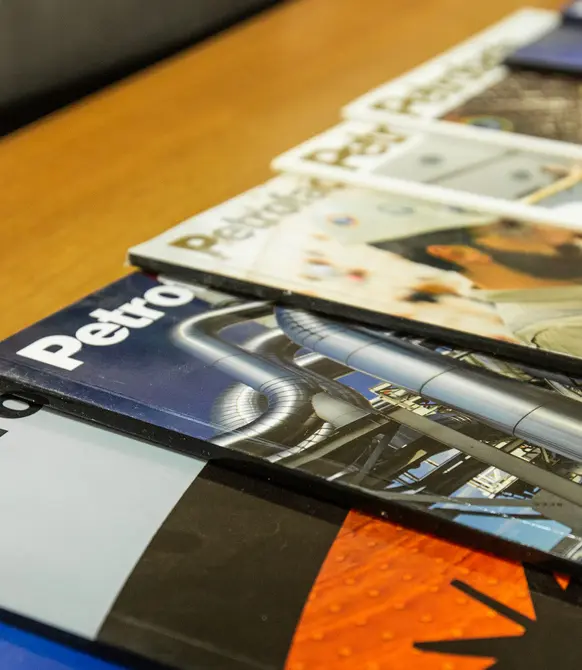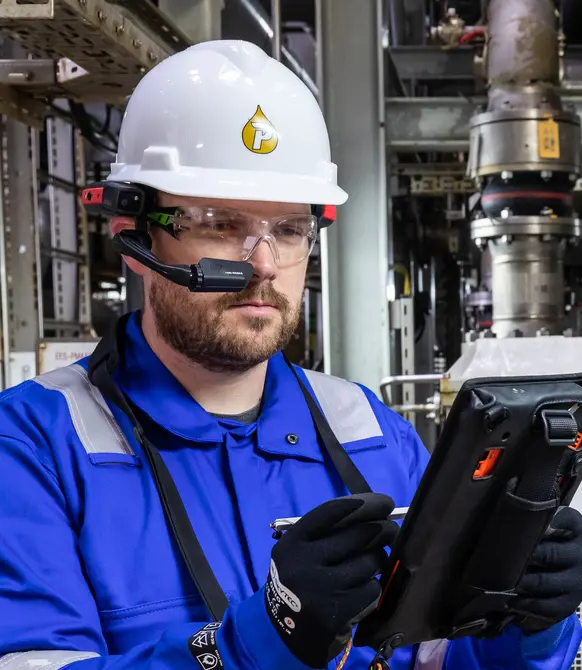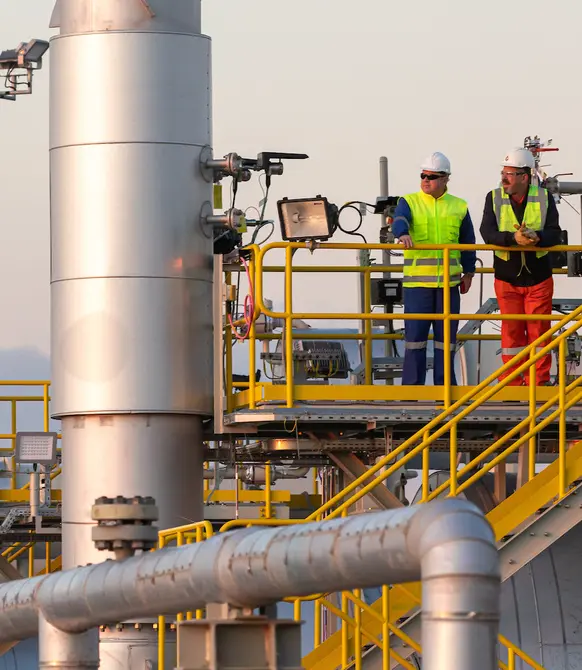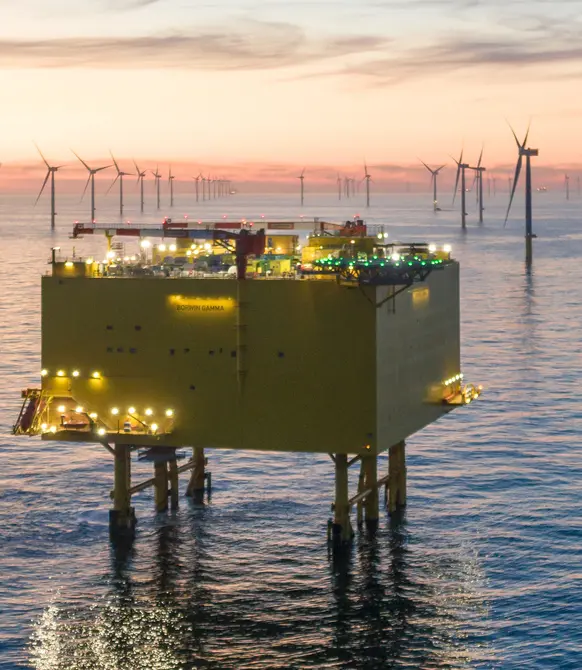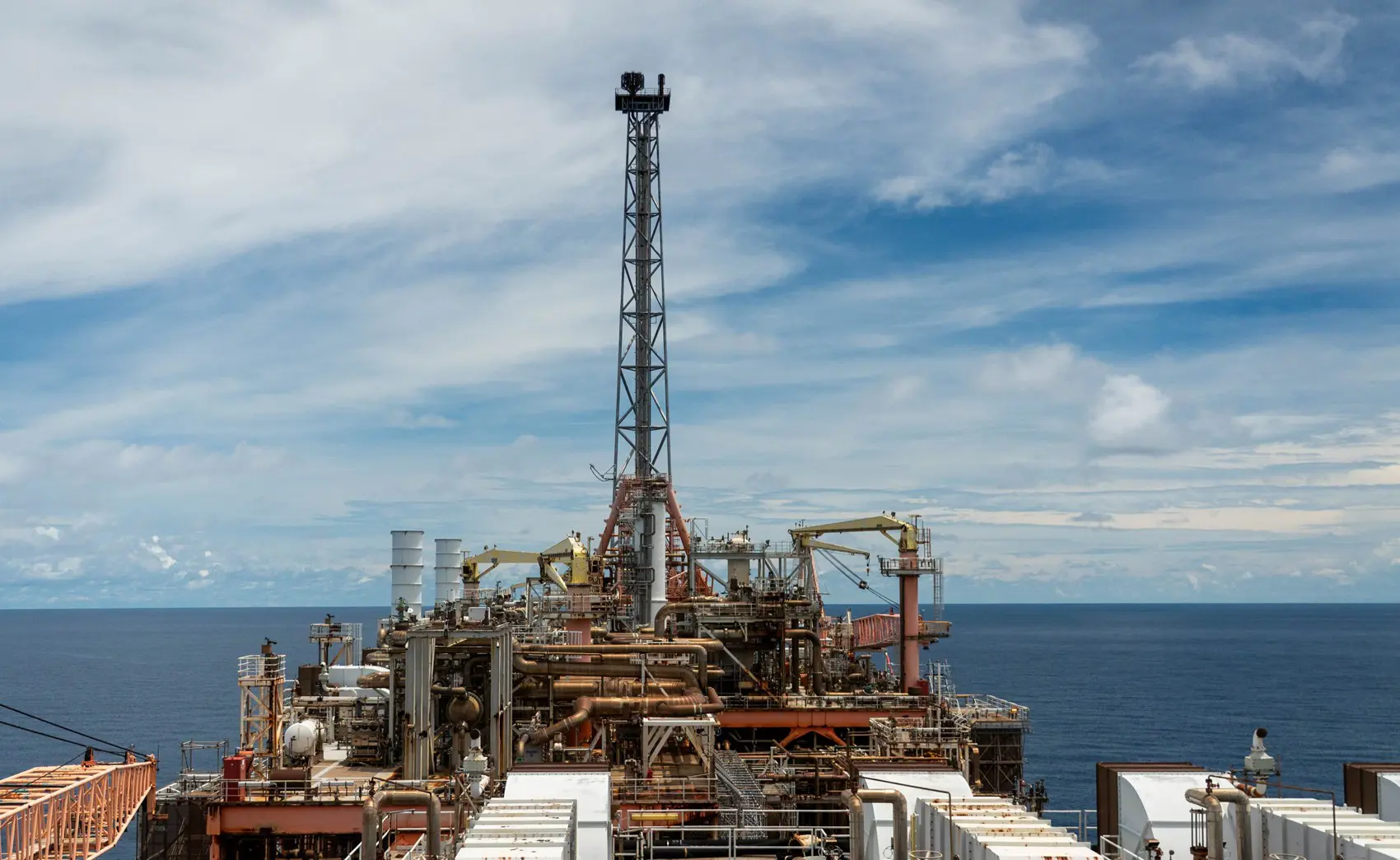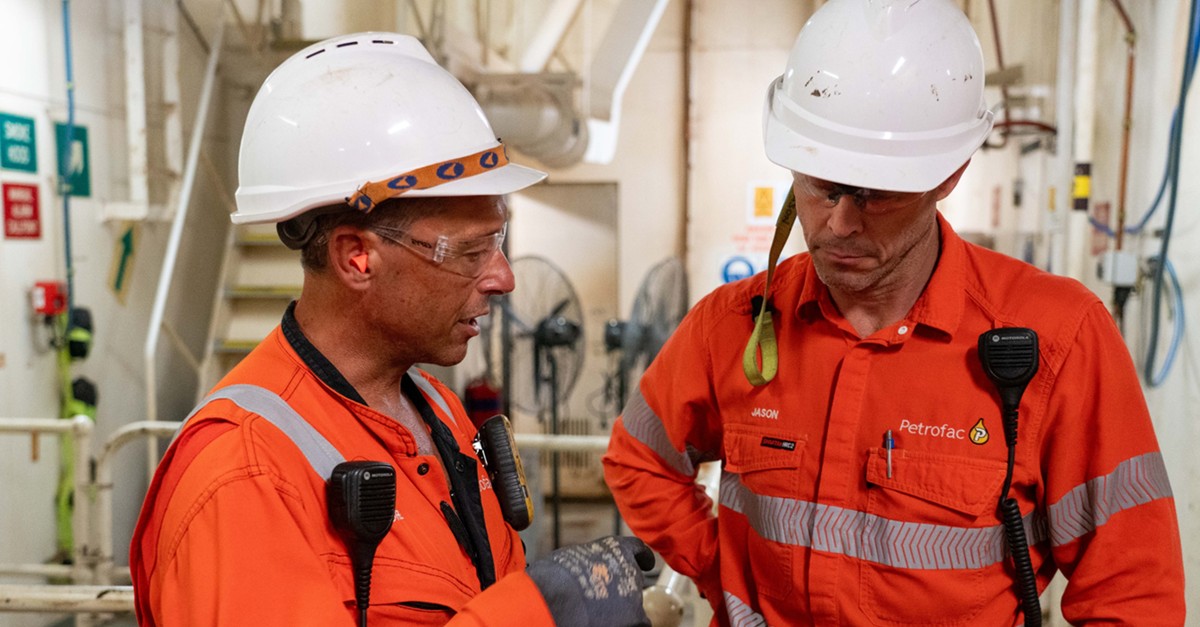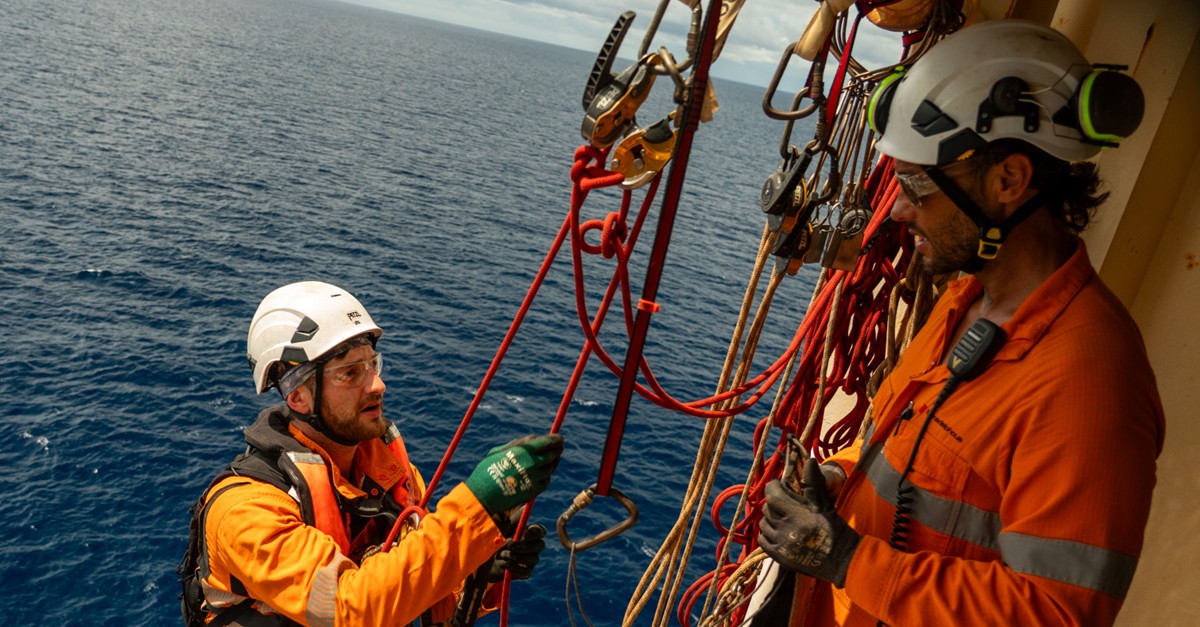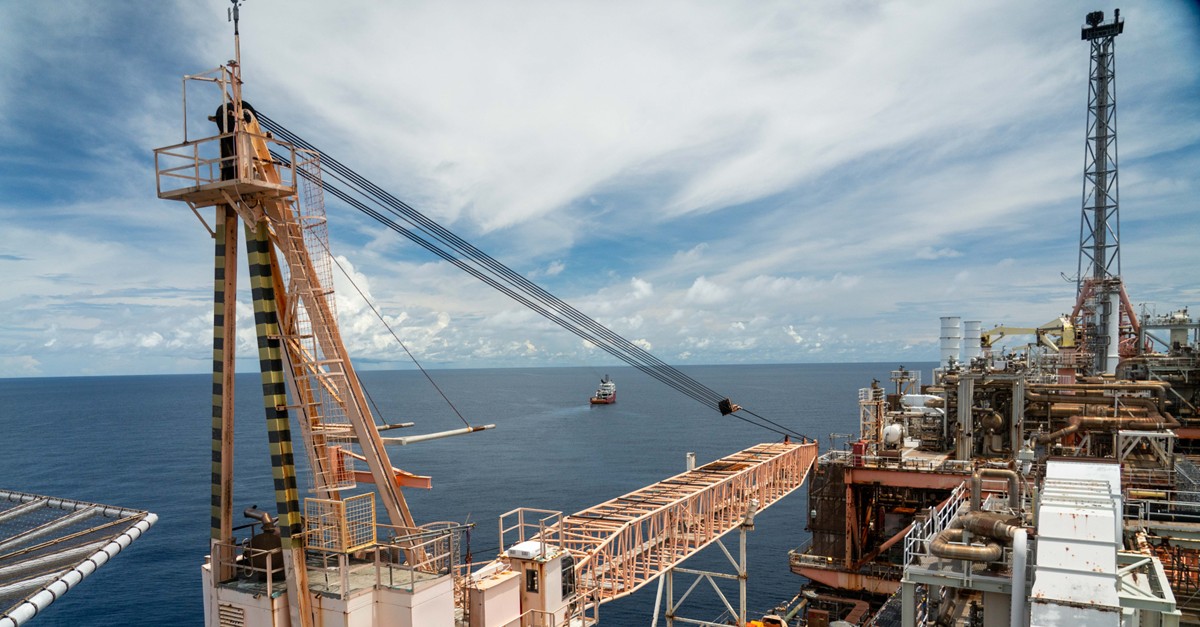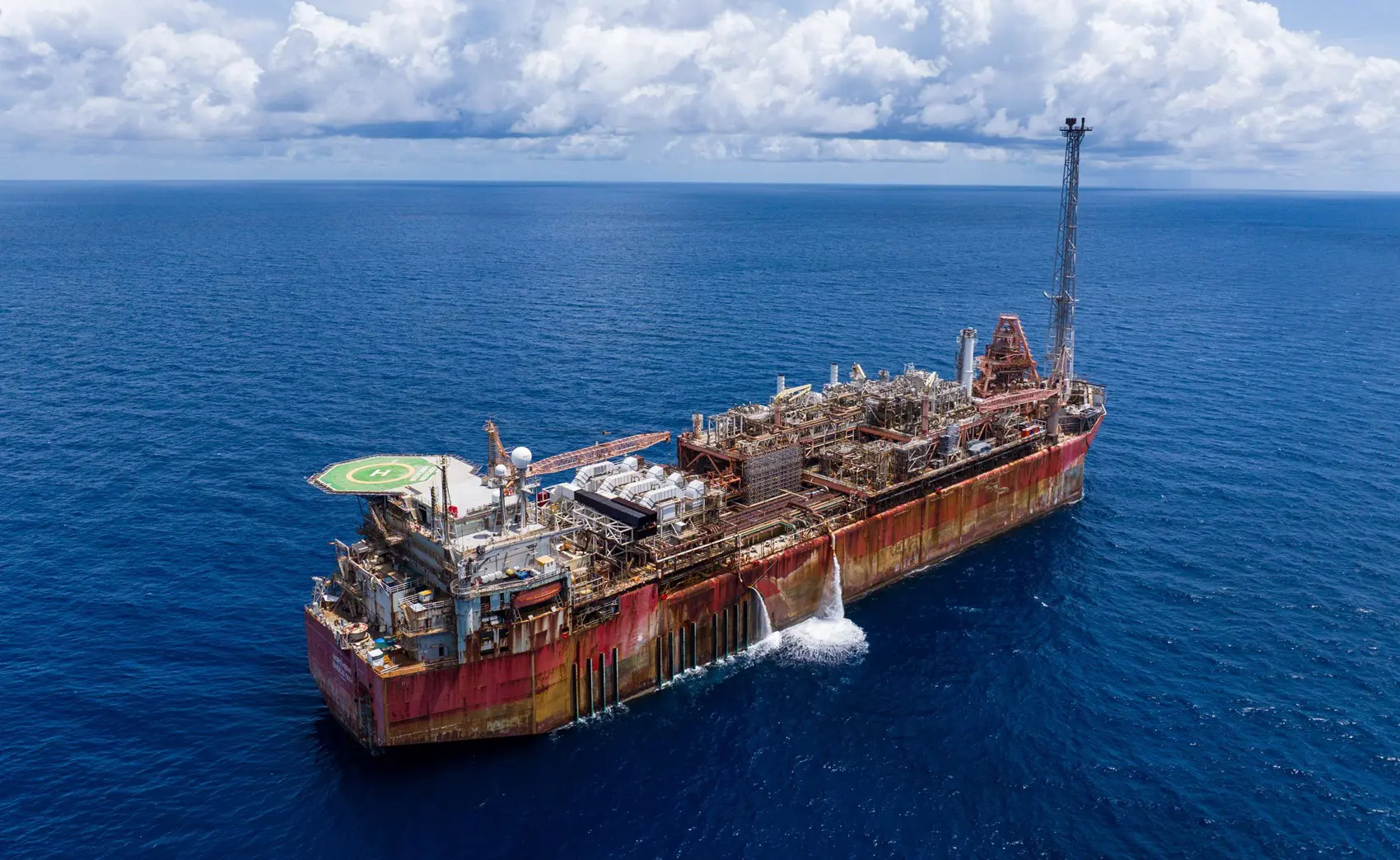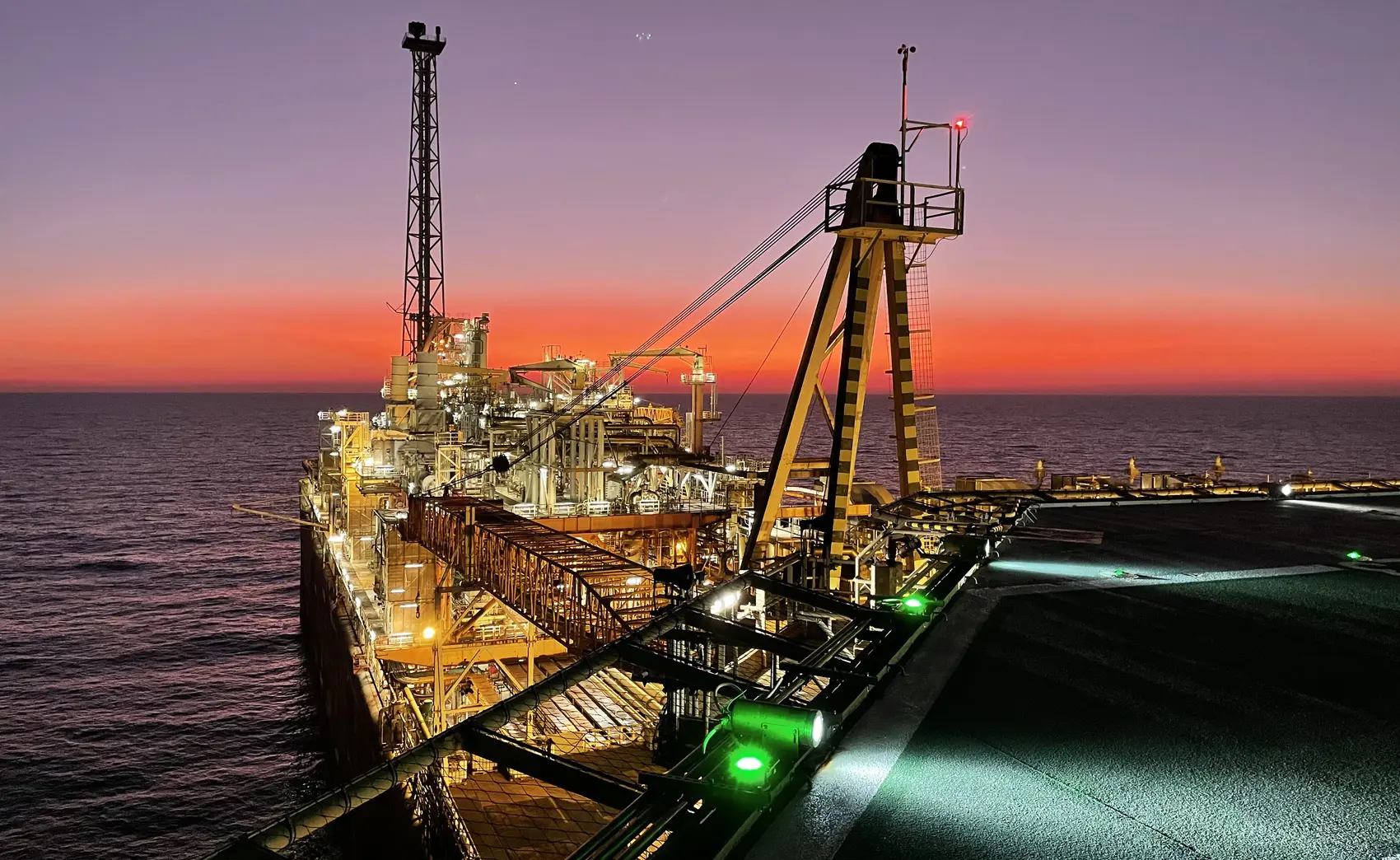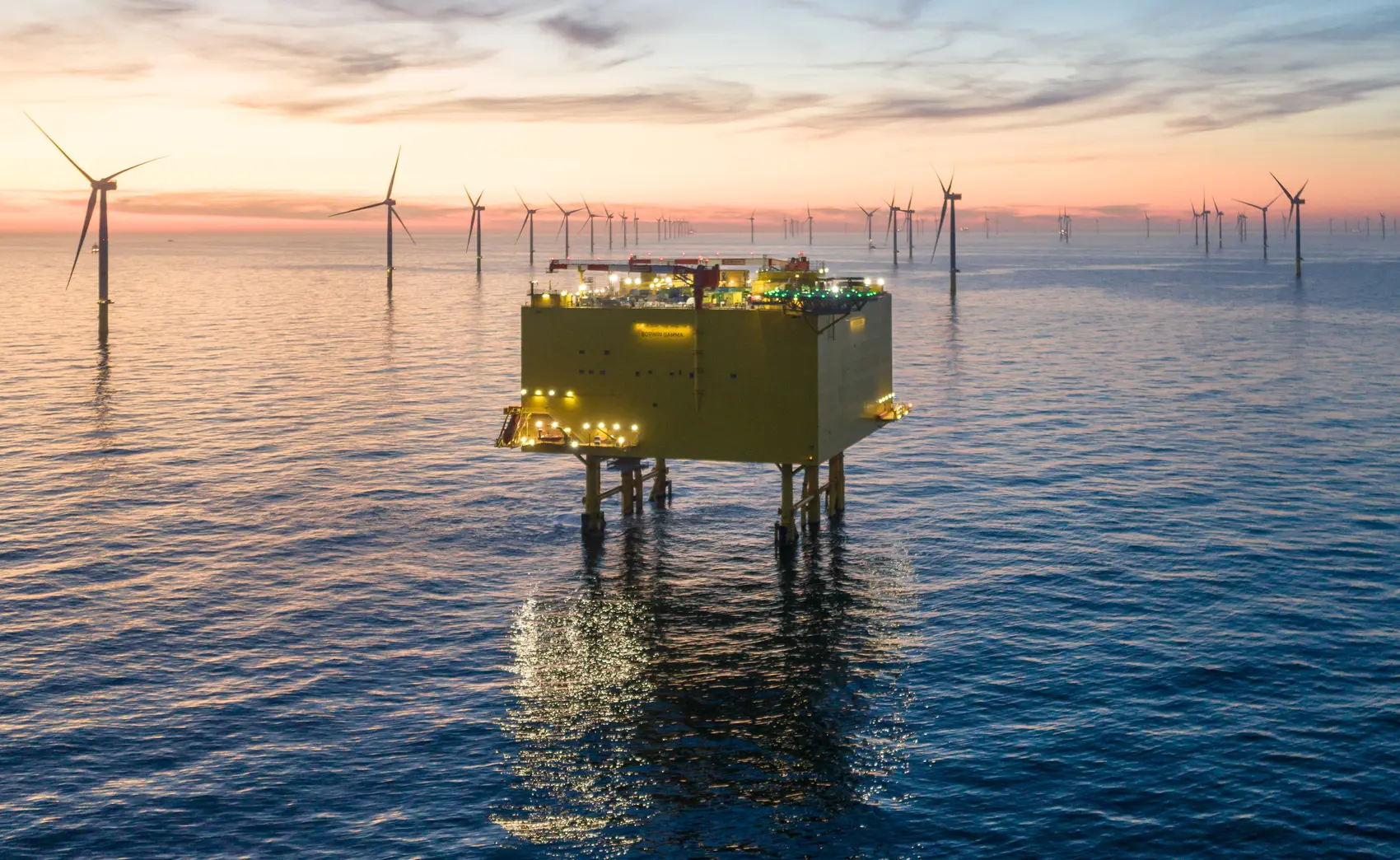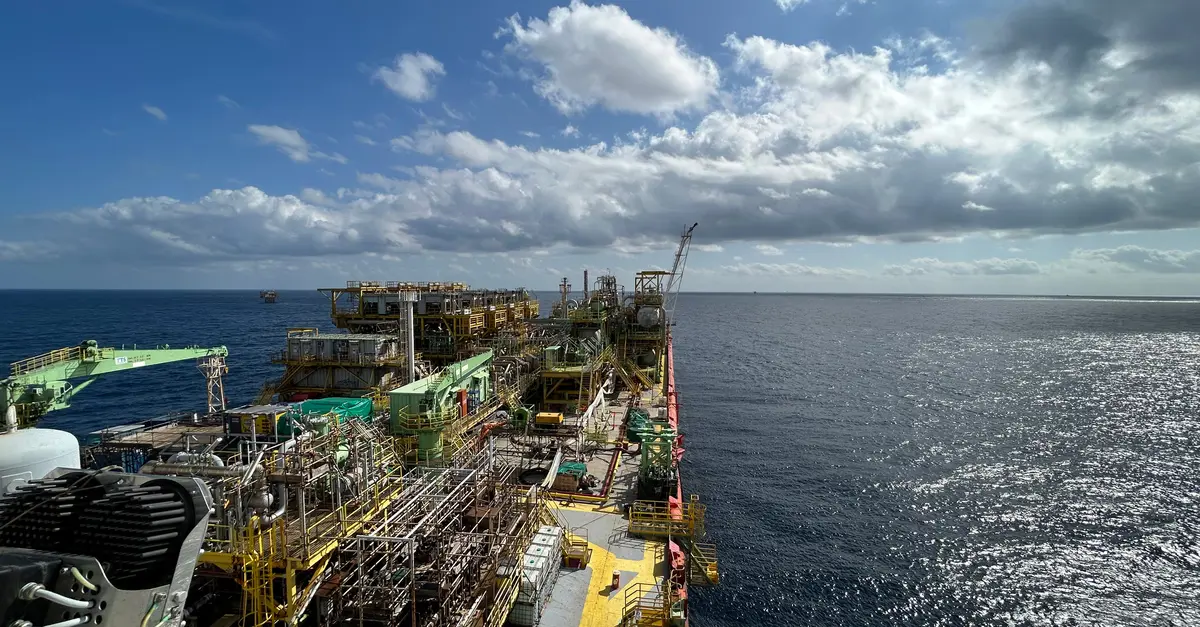Often, it’s been about creative problem solving. For example, the disconnection of the Northern Endeavour from its risers and flowlines required an intricate and bespoke cutting approach. So, Petrofac turned to Blakemere, an Australian subsea engineering specialist, which adapted its specialist diamond wire saws for the task. Also, Bhagwan Marine, based in Geraldton, Western Australia, has been working on a uniquely challenging hull-cleaning campaign – which, because of the vessel’s complicated history, has involved the removal of an unprecedented level of marine growth.
Another regular supplier is Bunbara, an indigenous female-led company based in Perth, which provides integrated solutions in the oil, gas, mining and defence sectors. Working with Petrofac has enabled the business to expand into new areas. As Bunbara Director, Nikky Barney-Irvine puts it: “Working with Petrofac on the Northern Endeavour project has enabled Bunbara to further expand our procurement service capabilities. Bunbara supplies high-specification products such as piping components, valving, and instrumentation at our core. However, our procurement arm supplied for the first time a forklift to Petrofac. Supplying Petrofac deepened our understanding of how its projects are driven. This procurement service collaboration has strengthened our position as a reliable first nation, agile local supplier supporting major project delivery.”
Of course, it’s not just about placing contracts with local companies. It’s also about local employees acquiring new skills. This is one of the first major decommissioning projects for the Australian energy industry. So, almost by definition, teams working both onshore and offshore, either for Petrofac or its sub-contractors, encounter new challenges and unfamiliar scenarios. To work effectively and safely, they draw heavily on Petrofac’s Technical Authorities, typically based in the UK, who have a wealth of global decommissioning experience, but the delivery is managed locally. In this way, skills are constantly transferred and imparted.


